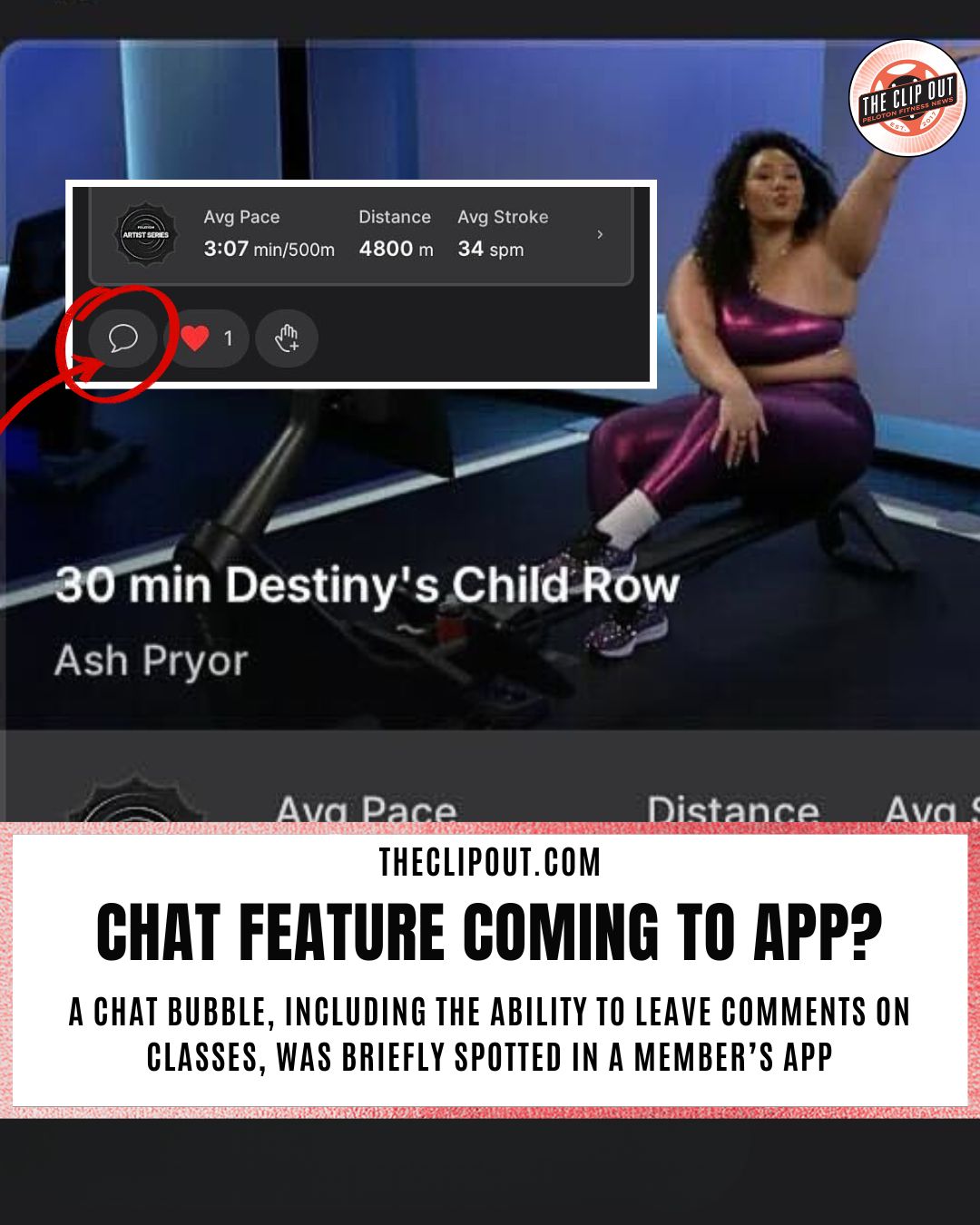Fueling for Performance: A Marathoner’s Guide with Angelo
Running a marathon is no small feat. It takes dedication, grit, and the right fuel to get you across that finish line. That’s why we sat down with Angelo from MetPro to get his expert advice on how to fuel properly during a marathon training cycle. From balancing carbs, proteins, and fats to making sure you’re getting the most out of your nutrition, Angelo’s insights are invaluable for anyone looking to perform at their best.
The Carbs Conundrum
Nicole Marie, one of our dedicated community members, asked a crucial question about fueling without overloading on carbs. Angelo emphasized that while every runner’s needs are unique, carbs are often the primary fuel source for peak performance.
Starting with Plenty of Carbs
Angelo suggests starting with a good amount of carbs and then fine-tuning from there. “If weight gain isn’t a concern, don’t shy away from carbs,” he advises. For top-level athletes, consuming significant amounts of carbohydrates is essential for high performance.
Practical Testing
At MetPro, the approach is scientific and tailored. Angelo recommends a 72-hour baseline test with a standard meal plan to gauge your body’s response. This helps in understanding the right balance of macronutrients for your specific needs.
Balancing Your Meals
“Start with balanced carbs in breakfast, lunch, snack, and dinner,” says Angelo. If you find you’re consuming too many carbs, consider cutting them from dinner while focusing on high protein and fibrous carbs like vegetables. This strategy ensures you get the energy you need throughout the day without unnecessary carb overload.
The Importance of Quality Carbs
Not all carbs are created equal. Angelo stresses the importance of choosing complex carbs like oatmeal, brown rice, and sweet potatoes over high-sugar, high-glycemic options. These complex carbs provide sustained energy and help replenish glycogen stores in your muscles, which is crucial for endurance running.
More Tips?
- Don’t skip those mid-afternoon snacks! They’re critical for maintaining energy levels, especially for athletes.
- Watch out for added sugars in your carbs. Higher glycemic carbs can spike your blood sugar but won’t effectively replenish muscle glycogen stores.
Proper nutrition is a game-changer when it comes to marathon training. By following Angelo’s expert advice, you can find the right balance of carbs, proteins, and fats to fuel your runs and enhance your performance.
Curious to learn more? Reach out to Angelo and the MetPro team for personalized nutrition coaching tailored to your needs. Visit MetPro.co/tco to get started. Hear our interview with Angelo here, or watch it here!
Tune in to The Clip Out every Friday to hear Tom and Crystal’s take on this and other hot Pelotopics. We’re available on Apple Podcasts, Spotify, Google Podcasts, iHeart, TuneIn. Be sure and follow us so you never miss an episode. You can also find the show online on Facebook.com/TheClipOut. While you’re there, like the page and join the group. Lastly, find us on our YouTube channel, YouTube.com/TheClipOut, where you can watch all of our shows.
See something in the Peloton Universe that you think we should know? Visit theclipout.com and click on Submit a Tip!

Subscribe
Keep up with all the Peloton news!









